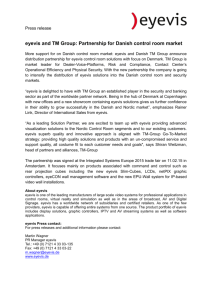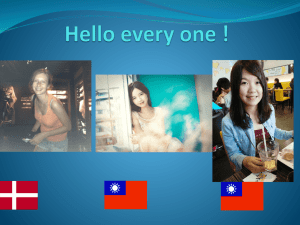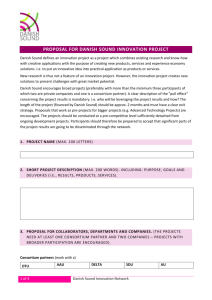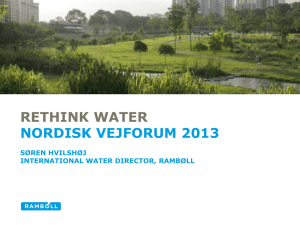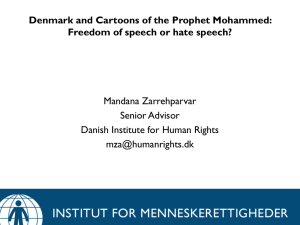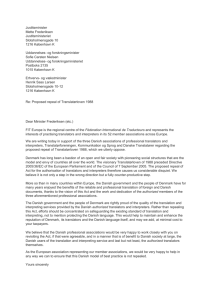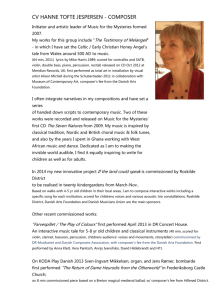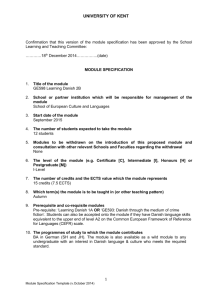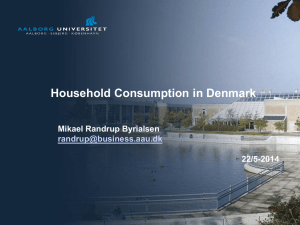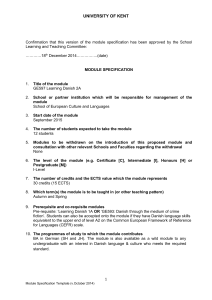Kolding Gymnasium . HF-kursus . IB School Skovvangen 10, 6000
advertisement
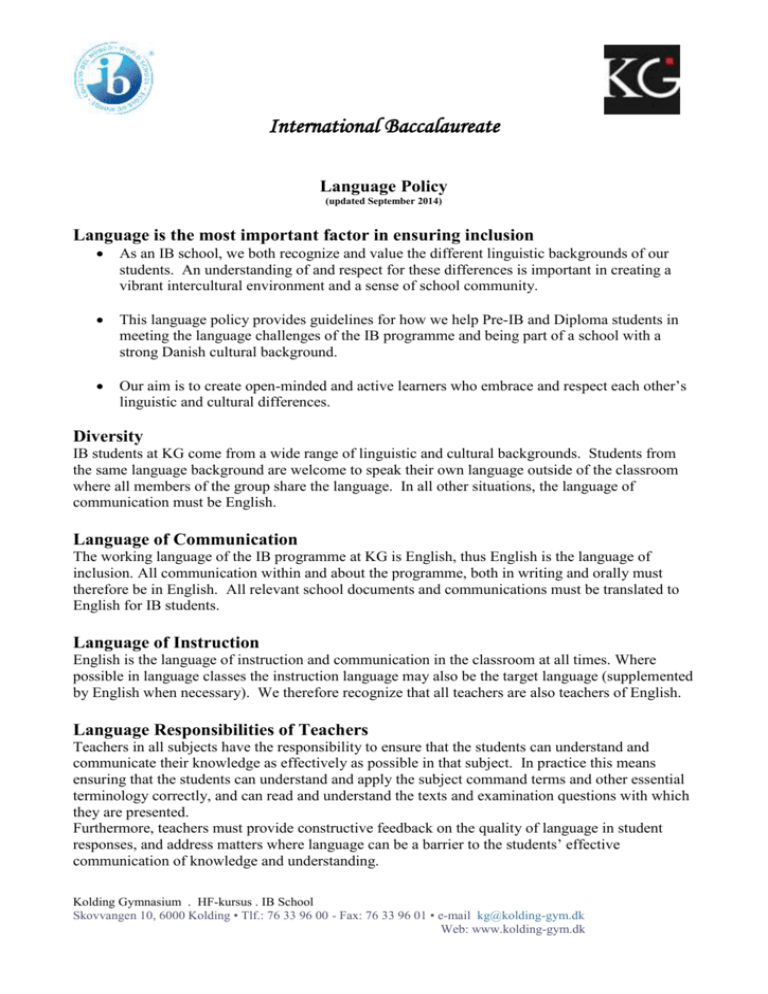
International Baccalaureate Language Policy (updated September 2014) Language is the most important factor in ensuring inclusion As an IB school, we both recognize and value the different linguistic backgrounds of our students. An understanding of and respect for these differences is important in creating a vibrant intercultural environment and a sense of school community. This language policy provides guidelines for how we help Pre-IB and Diploma students in meeting the language challenges of the IB programme and being part of a school with a strong Danish cultural background. Our aim is to create open-minded and active learners who embrace and respect each other’s linguistic and cultural differences. Diversity IB students at KG come from a wide range of linguistic and cultural backgrounds. Students from the same language background are welcome to speak their own language outside of the classroom where all members of the group share the language. In all other situations, the language of communication must be English. Language of Communication The working language of the IB programme at KG is English, thus English is the language of inclusion. All communication within and about the programme, both in writing and orally must therefore be in English. All relevant school documents and communications must be translated to English for IB students. Language of Instruction English is the language of instruction and communication in the classroom at all times. Where possible in language classes the instruction language may also be the target language (supplemented by English when necessary). We therefore recognize that all teachers are also teachers of English. Language Responsibilities of Teachers Teachers in all subjects have the responsibility to ensure that the students can understand and communicate their knowledge as effectively as possible in that subject. In practice this means ensuring that the students can understand and apply the subject command terms and other essential terminology correctly, and can read and understand the texts and examination questions with which they are presented. Furthermore, teachers must provide constructive feedback on the quality of language in student responses, and address matters where language can be a barrier to the students’ effective communication of knowledge and understanding. Kolding Gymnasium . HF-kursus . IB School Skovvangen 10, 6000 Kolding • Tlf.: 76 33 96 00 - Fax: 76 33 96 01 • e-mail kg@kolding-gym.dk Web: www.kolding-gym.dk International Baccalaureate Group 1 Literature A Languages Students must choose at least one Literature A course. The school encourages as many students as possible to study the literature and culture of their own mother tongue. We offer classes at Higher Level and Standard Level in Danish A Literature and English A Language and Literature. A significant number of students choose Literature A SL self-taught courses each year in a wide range of languages. The coordinator and two other Literature A teachers are responsible for helping these students in organising their programme and finding colleagues in other IB schools who can give feedback on assignments in the appropriate language. These students are furthermore offered extra lessons in literary analysis and theory. Many students have complex language backgrounds, having lived and studied in more than one country, often having one language at home with the family and another that they regard as the main language of communication in school and the wider world. With this in mind, we encourage students to take two Group 1 subjects where there is an equal level of fluency in both languages. Group 2 Language Acquisition All students must study at least two languages from groups 1 and 2. The school offers Danish B, English B, German B, and Spanish ab initio as foreign languages (sometimes French B and Spanish B when there is sufficient demand). Students may choose one or sometimes two of these languages. The timetable gives opportunities to study up to three languages from the two groups, and in practice approx. 1/3 of our students study three languages (including mother tongue) in their IB programme. It is also possible to take a further language as an additional certificate Danish Danish is the first language of Kolding Gymnasium and approximately 50% of IB students have Danish as mother tongue. We therefore encourage IB students whenever possible to acquire and develop competence in Danish in order to take a full part in the school, local community and to prepare for possible long-term residence in Denmark. We regard it as very important that our students are able to read, speak and understand Danish to some extent. We therefore offer Danish B to those who already have some Danish skills, and recommend that others attend the local language school, for which they may gain CAS credits. University Admission in Denmark In order to be admitted to a Danish University or University College applicants must at least have completed Danish B Higher Level or taken a corresponding exam. All foreign students are informed about this requirement before starting the IB and the school provides the necessary teaching for those interested. Library The school library has reference works, magazines and journals in English, and students can gain access to a wide range of other materials through school web-access licenses, and the libraries in Kolding and at the University of Southern Denmark. Kolding Gymnasium . HF-kursus . IB School Skovvangen 10, 6000 Kolding • Tlf.: 76 33 96 00 - Fax: 76 33 96 01 • e-mail kg@kolding-gym.dk Web: www.kolding-gym.dk
